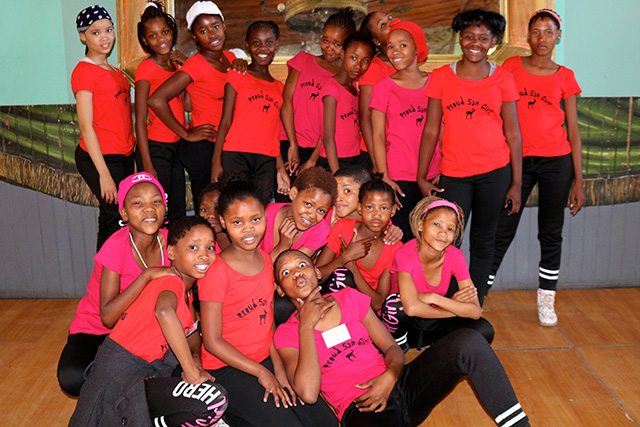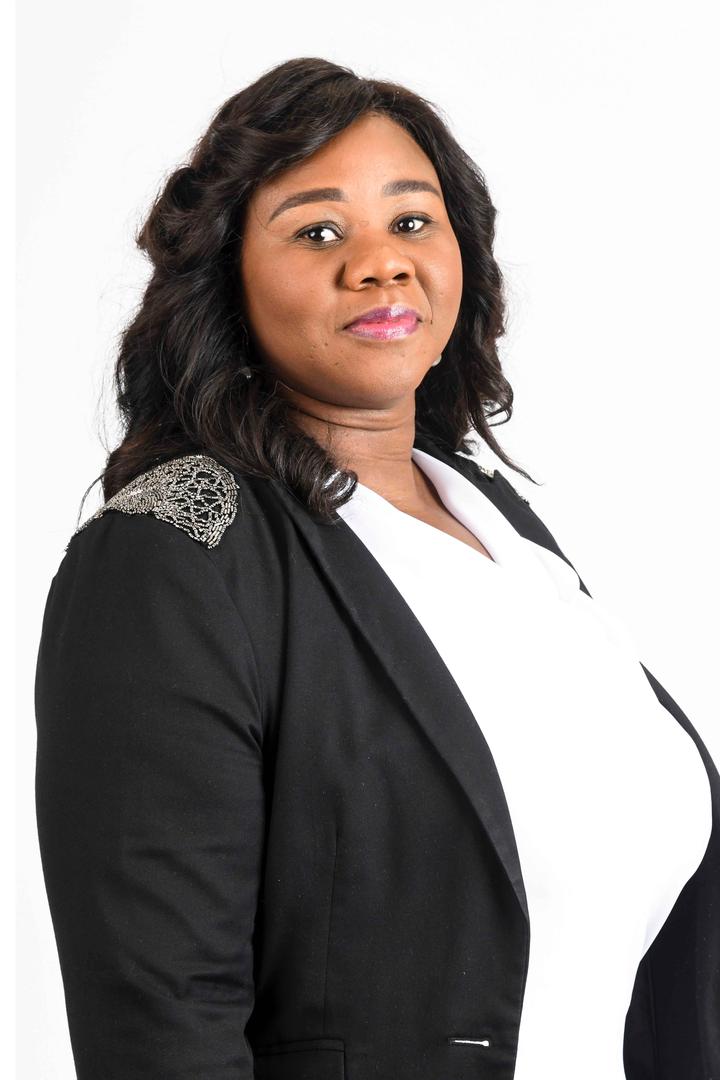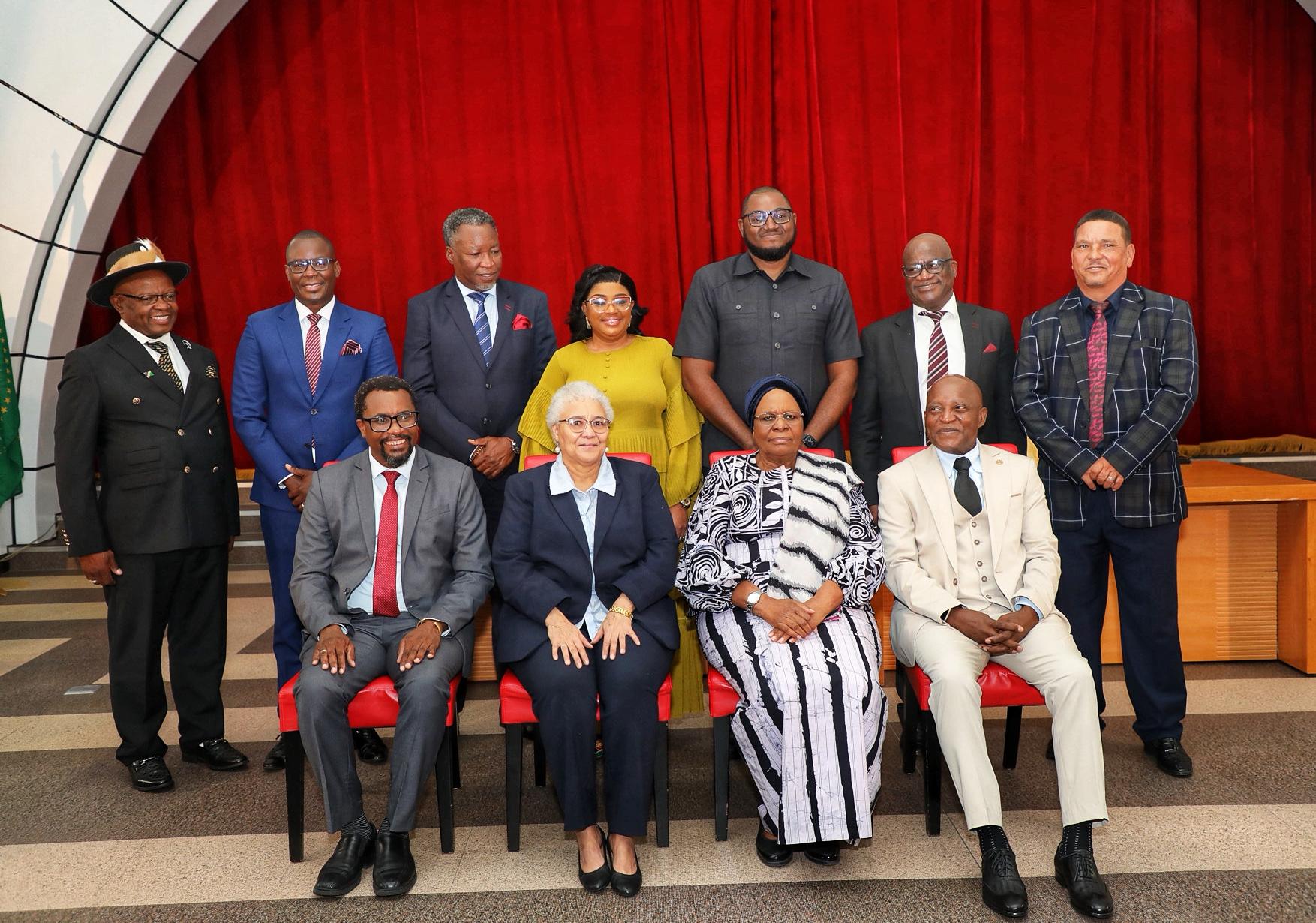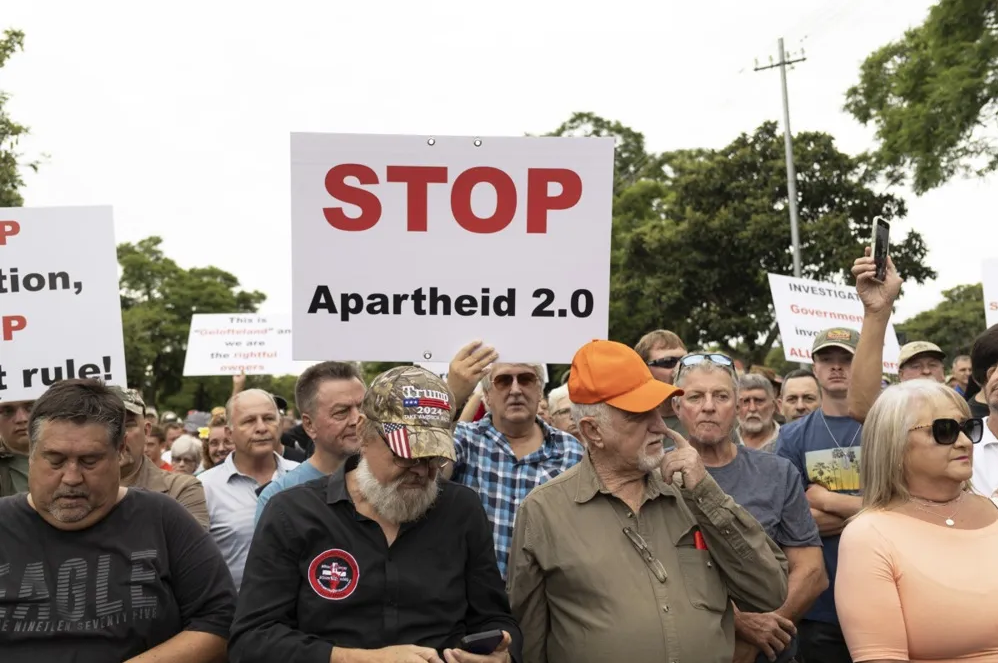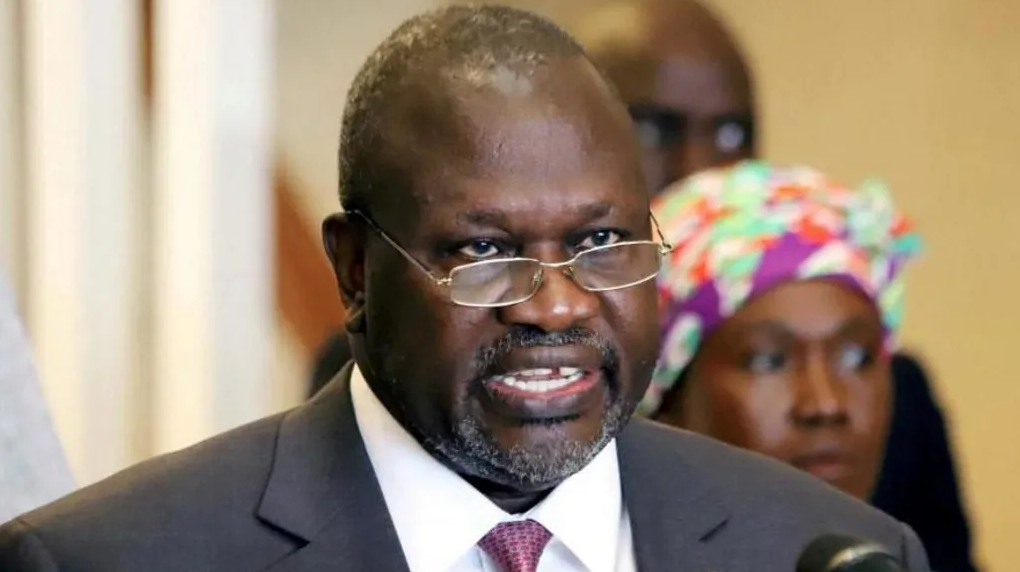Twenty girls from the San community completed a one-and-a-half year programme aimed at preventing child marriage, early pregnancy and empowering them on their rights.
The Women’s Leadership Centre (WLC) last week hosted a two-day public advocacy event in Windhoek, where the girls were also awarded certificates.The event was held under the theme: San Girls! First Girls! Growing Up Strong!
The training was funded by the embassy of Finland in Namibia, and targeted girls between the ages of 8 and 14.
During the event, the girls, five from each of the villages of Omega 1 in the Kavango East region, Tsintsabis in the Otjikoto region, and Witvlei and Drimiopsis in the Omaheke region, shared some of the knowledge they had gained during this project and entertained the audience with powerful traditional and modern song and dance performances.
WLC director Elizabeth Khaxas praised the girls for completing this project, together with the other members of the San Girls’ groups in their villages.
She said the girls had taken active ownership of their groups in which they created safe spaces to learn about their human rights, their history and culture, about the changes and challenges of puberty, about the prevention of child marriage, child abuse, early pregnancy and HIV, and gained skills such as building good relationships with their families and other trusted adults, as well as supportive friendships.
The San Girls’ groups were accompanied by community facilitators trained by the WLC during this project, who were also present at the event.
Ayesha Wentworth, deputy director for diagnostic, advisory and training services at the ministry of education, encouraged the girls to take pride in their cultural heritage, and to complete their education.
“Every girl should be in school. We know that you face so many difficulties in the process of completing school. I admire you for your courage to choose to go to school even when you are hungry, or feel like staying home with your family,” she said. Wentworth also commended the girls for their determination to go to school, even when they did not have school uniforms or basic toiletries.
“I know many San girls go to school even when being labelled, called names or bullied every day because of who you are. You must know that nobody can determine your worth. You are worthy. You are worthy of an education, you are worthy of being loved and cared for. You are worthy because you are unique, and ever bouncing back from difficulties. You are worthy. Always remember that,” she stressed.
She said parents, communities, teachers and the ministry of education have a big responsibility to do everything in their power to support the girls to reach their goals.
“Children from all cultures and language groups must feel welcome as equals, and their respective cultures and languages must be respected, promoted and valued as gifts to the school, community and to society. I wish to encourage all San girls to fight for your rights, because the rights are on your side,” she continued.
Programme manager of gender, LifeLine/ChildLine Namibia, Charlemaine Husselmann, shared with the girls that they were welcome to call or visit the offices of Lifeline/Childline whenever they needed help and advice with problems, or just needed someone to talk to.
The coordinator of the Namibia San Council, Kileni Fernando, encouraged the girls to become strong young women leaders, and aim for careers after completing their education.
The programme coordinator of the embassy of Finland, Suvi Valkonen, congratulated the WLC for the successful completion of the project, which also saw the launching of the booklet produced by the WLC for the San girls. She said although the embassy’s funding had come to an end, the training and materials provided to the community facilitators, including the new booklet, would enable them to continue with the San Girls’ circles in their communities.
The event closed with the handing over of certificates to the girls as well as the community facilitators, who vowed that they would keep the project alive in their communities, despite the current lack of funding.
Some of the girls said they hoped that the WLC would be able to raise further funds for their work in the future.
Stay informed with The Namibian – your source for credible journalism. Get in-depth reporting and opinions for
only N$85 a month. Invest in journalism, invest in democracy –
Subscribe Now!




